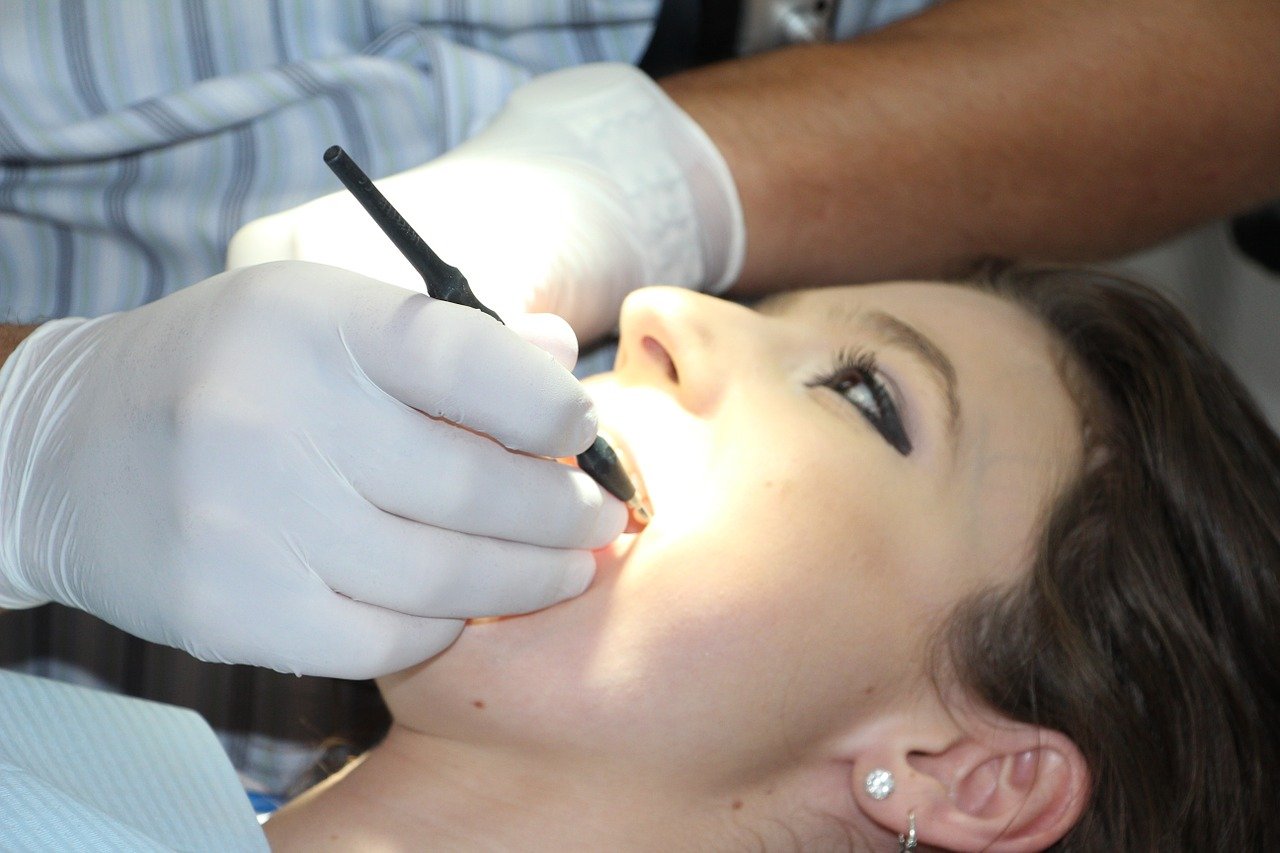Not accounting for insurance costs, the average family of four in the US spends over $2,050 a year on dental services – or over $170 a month. In the case of more specific dental needs, such as orthodontic treatments, this figure can nearly double!
With such steep costs to account for, it is only natural to be searching for ways to lower your dental costs. While your finances should never get in the way of your health, the tips below can help you make dental care more affordable for you and your loved ones.
Visit Your Dentist Regularly
According to 2020 statistics by the CDC, nearly 40% of adults in the US have not visited a dentist in the past year, and the percentage of adults with untreated caries stands at a whopping 25.9%!
Among both adults and children, some of the most common reasons for not visiting a dentist include costs, fear or anxiety, and inaccessibility of services. On the other hand, visiting a dentist regularly and undergoing bi-yearly checkups and cleanings can help you prevent far more serious and expensive dental problems, including caries and gum disease.
Prevent Serious and Costly Dental Problems With Good Oral Health Habits
The quality of your oral health habits is directly related to how often you’ll have to visit your dentist – and afford costly or emergency dental treatments! For example, brushing and flossing your teeth twice a day can lower the risk of cavities, plaque buildup, infection, and gum disease.
What’s more, your diet and lifestyle can have a significant impact on your overall mouth health. Habits such as eating sugary foods, smoking, drinking alcohol, and not drinking enough water can alter the mouth’s pH and lead to tooth decay.
If in doubt, consider speaking to your dentist to get personalized recommendations – and make sure you learn to recognize the signs that you need emergency dental services!
Pro tip: if you practice contact sports, protect your teeth from injuries with a custom-made mouthguard.
Find the Right Insurance
While the number of Americans getting dental insurance through employer-sponsored plans and Medicare is increasing, 74 million people still lack basic coverage. However, investing in dental insurance coverage is one of the most effective ways to decrease your dental costs and make sure that you can access preventive, basic, complex, and emergency treatment whenever you need it.
Today, dental insurance premiums average between $25 and $50 a month, depending on what’s included in the plan. These costs can weigh on any household’s budget, but they are far easier to afford than thousands of dollars’ worth of out-of-pocket expenses – after all, complex dental procedures such as gum disease treatment can set you back between $1000 and $10,000!
If you have decided to invest in dental insurance, make sure to compare plans on marketplaces such as Dental Insurance to find a plan that fits your needs and offers the best value for money.
Evaluate Your Dentist’s Payment Options and Negotiate Fees
If you are concerned about the costs involved with dental procedures, talk to your dentist to learn about the payment options and discounts available to you. A trusted dentist might recommend ways to make your dental care more affordable, reduce the fees involved, and create a personalized payment plan around your financial needs.
Shop Around To Find the Best Value For Money
Not all dentists charge the same fees. For example, in New York City, dental implants cost around $3,500-$6,000, while the same procedure costs on average $1100 to $1300 in Austin, Texas.
Before undergoing dental procedures, make sure to shop around for an affordable provider that meets your needs in terms of cost and quality.
Pro tip: if you are looking for the cheapest alternative within your hometown, consider getting in touch with a local dental school clinic. Since procedures are performed by dental students and supervised by certified dentists, you can save up to 50% of the cost of care by becoming a patient of a dental college.
Always Address Dental Problems As Soon as They Emerge
Are you suspecting a dental problem? Don’t wait! The longer you leave a dental issue untreated, the more you are likely to spend to fix it!




